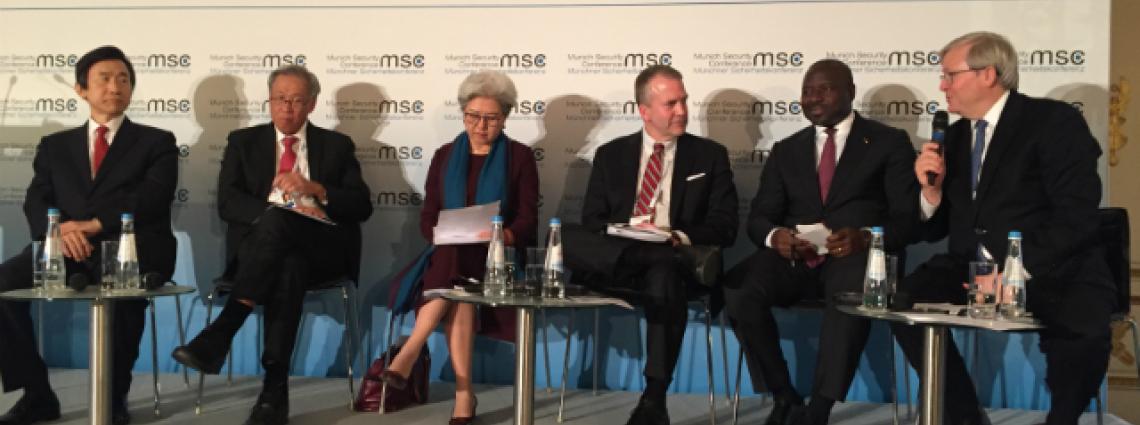The CTBT & North Korea Discussed at Munich Security Conference
17-19 February 2017, Munich
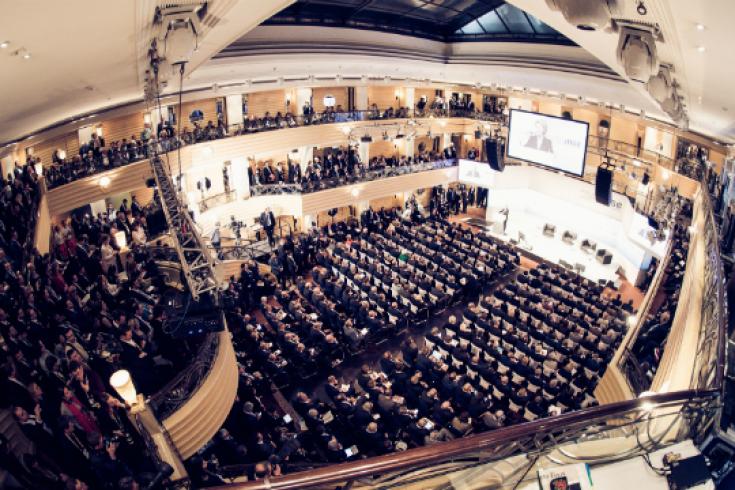
(photo courtesy of: Munich Security Conference)
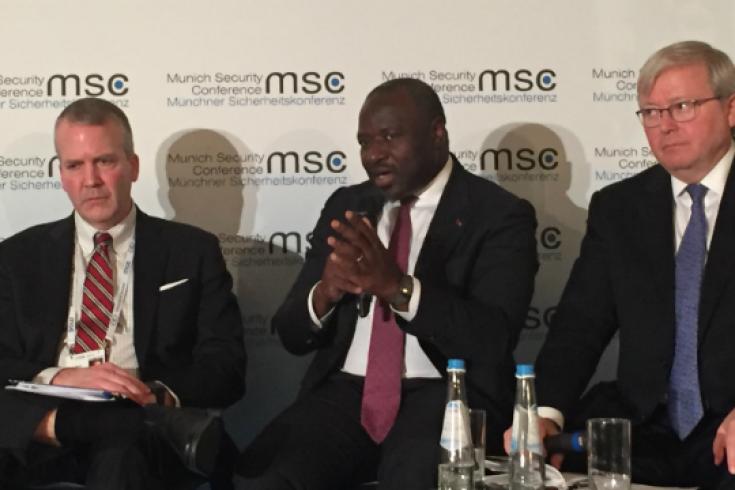
CTBTO Executive Secretary Lassina Zerbo speaking at Munich Security Conference panel
The North Korean nuclear testing crisis urgently requires dialogue, with mutual respect.
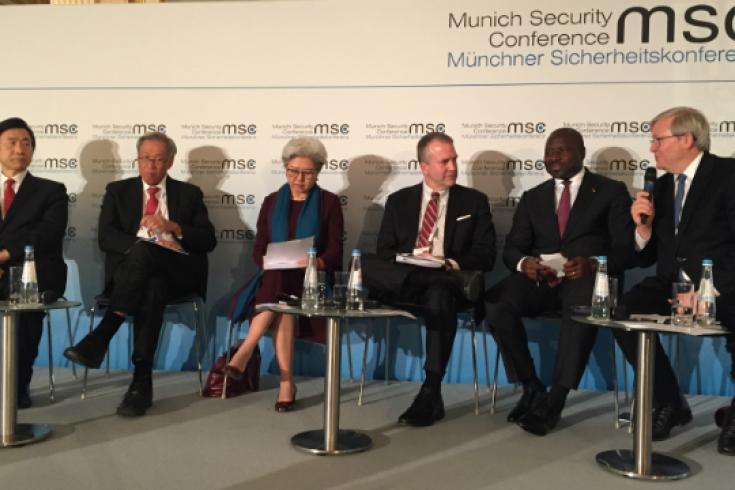
"Pacific no More? Security in East Asia & the Korean Peninsula'" panelists
North Korea is nearing a functional nuclear weapon capability.
Fu Ying, Chairwoman of the Committee on Foreign Affairs of the National People's Congress, Parliament of the People's Republic of China
Only imposing sanctions and pressure won't work. Without talking to North Korea you will only drive them further.
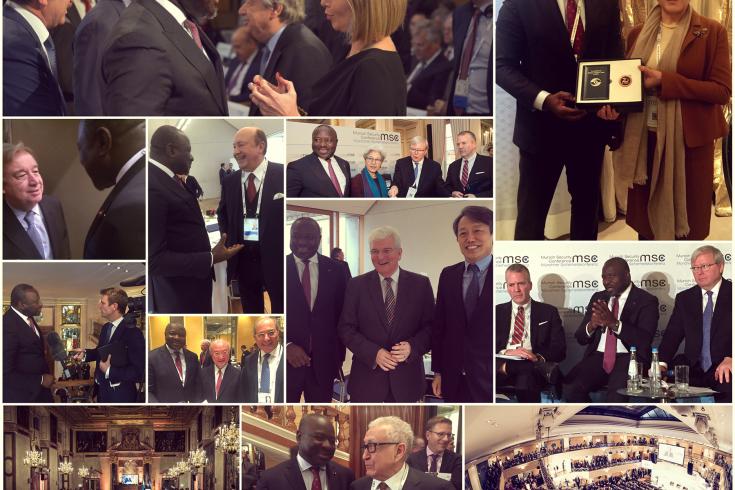
Impressions from the Munich Security Conference
What if the CTBTO were not in place today? We wouldn’t know what’s going on in the Korean peninsula.
20 Feb 2017
